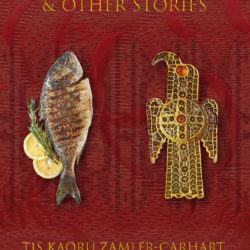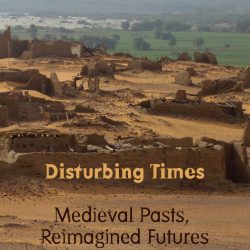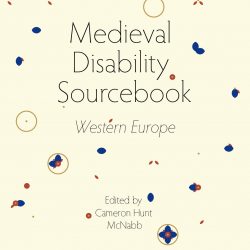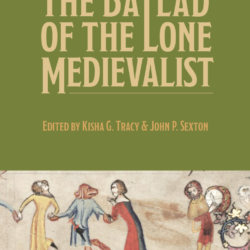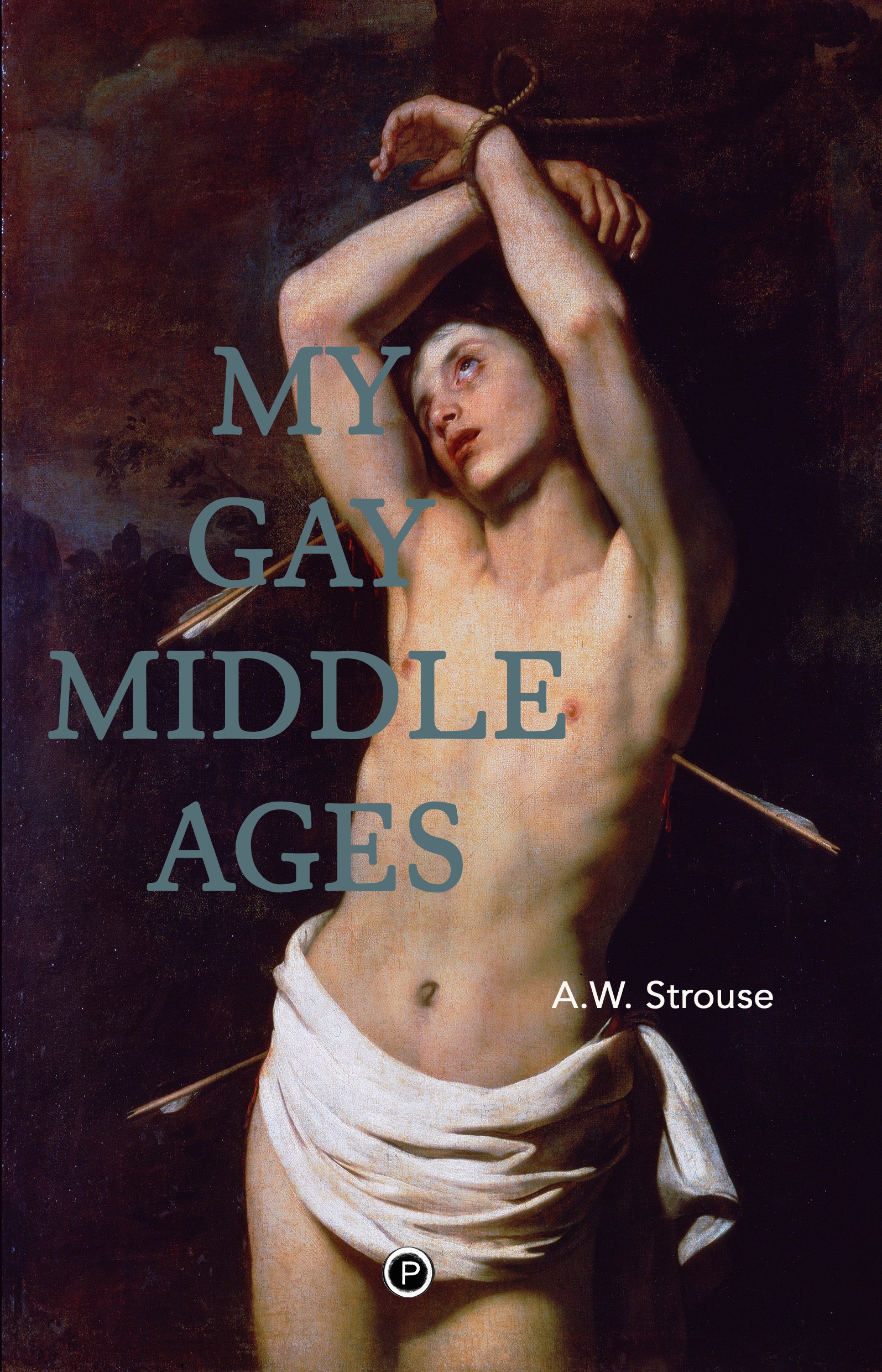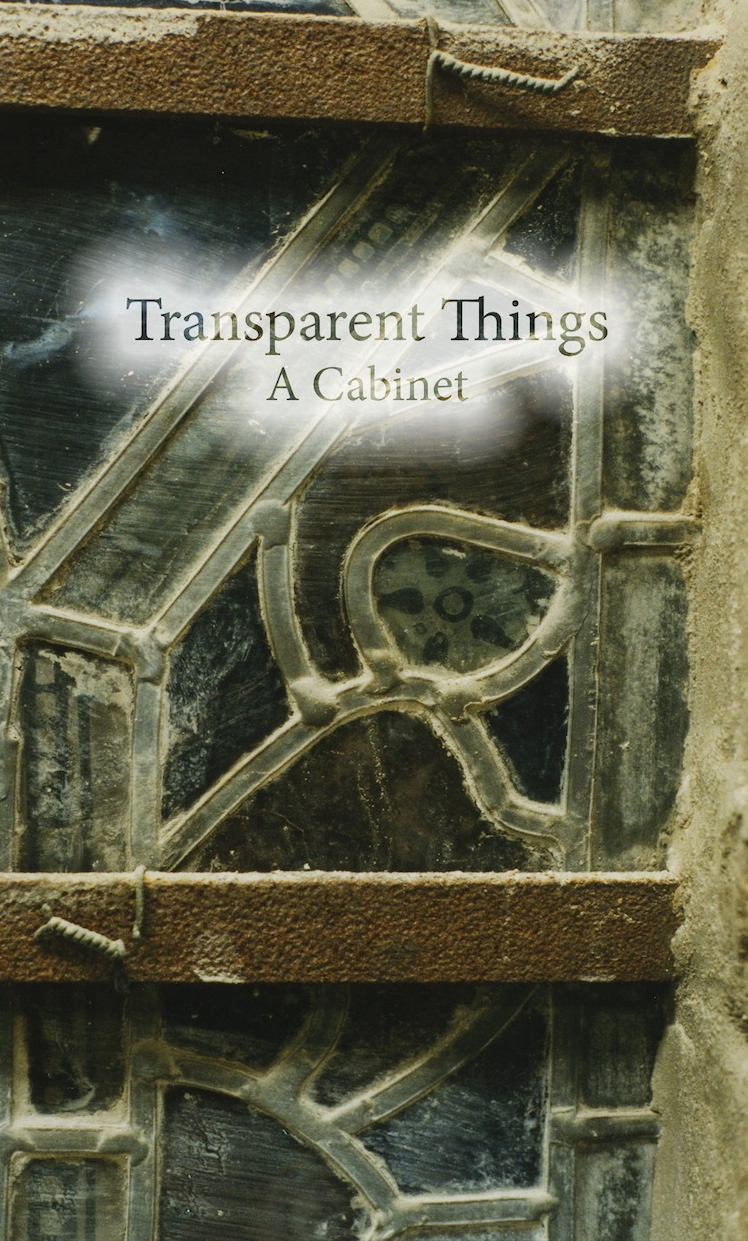The Goths & Other Stories (2nd edn.)
Published: 02/28/2023
In the winter of 476 AD, the Ostrogoths, hungry and exhausted from wandering for months along the barren confines of the Byzantine Empire, wrote to Emperor Zeno in Constantinople requesting permission to enter the walled city of Epidaurum and just kinda crash and charge their phones. Closer to home, Orpheus walks Eurydice through a suburban[…]

